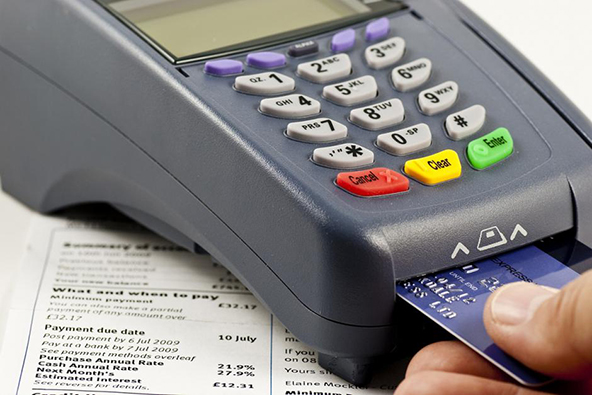
Researchers From MIT Develop Machine Learning Technique To Help Detect Credit Card Fraud
Did it happen with that you were declined for a transaction through your credit card by machine at a new store or location? One of the reasons could be that your bank’s fraud-detecting technologies may have flagged the sale incorrectly to be a suspicious one, researchers say.
But to find a solution to the problem, researchers at the Massachusetts Institute of Technology (MIT) have come up with novel Machine Learning (ML) based “automated feature engineering” method called as Deep Feature Synthesis (DFS).
When the method DFS was tested on a given dataset of about 1.8 million transactions from a large bank, it came up with reduced number of false positive predictions by 54 percent compared to the traditional models.

The approach which is in fact an automated one, goes on with its procedure to extract highly detailed features from data generated around 133,000 false positives versus 289,000 positives, and this helped in saving money of the bank and eases up the customer frustration.
“The big challenge in this industry is false positives,” said Kalyan Veeramachaneni, principal research scientist at the varsity.
“We can say there’s a direct connection between feature engineering and (reducing) false positives… That’s the most impactful thing to improve accuracy of these machine-learning models,” Veeramachaneni added.
The results of the procedure/method were presented at the European Conference for Machine Learning in Dublin, Ireland.
The method helps in extracting behavioral patters given in the data set of past transactions and among such cards that match fraud cases. The system then combines all the available different variables automatically with deep features that help in giving a highly detailed look at each transaction.
Now, if a user swipes his card, it pings the model and as a result, if the features match fraud behavior, the sale is blocked automatically.
The method can extract over 200 detailed features for every individual transaction done.
The researchers noted that it can better help in pinpointing a specific card holder’s expenditure style and how they deviate from the norm.
The technology may greatly help in reducing faulty errors in blockage of cards during transactions. The main issue is, when you need money, and the system fails, and one wonders where to go to get the transaction done. But this might help once it gets implemented in the banks security apparatus.
You May Also Read: Army Chief Bipin Rawat Calls For A Tit-For-A-Tat Over Pakistan Behaviour